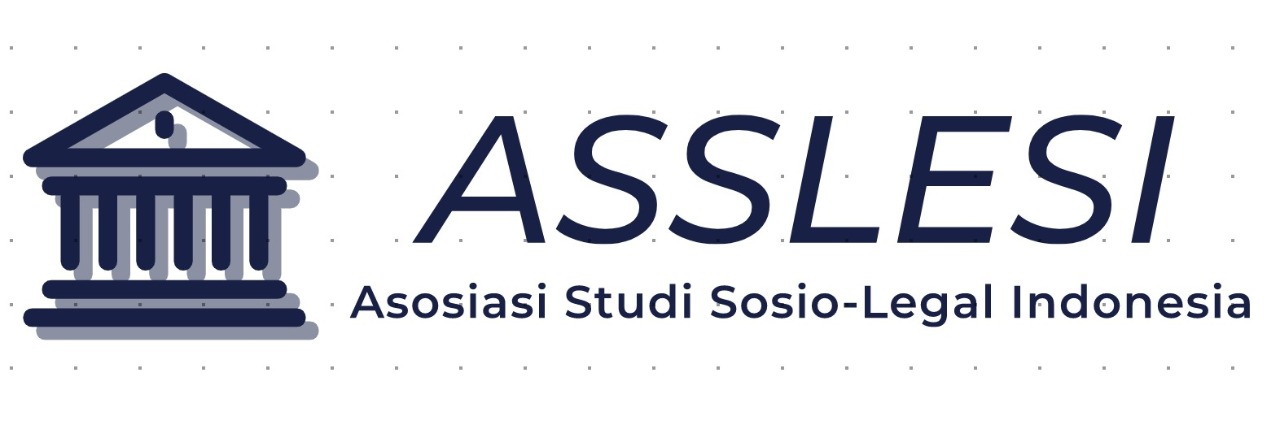Abstract
The complexity of the digital era, especially throughout the COVID-19 pandemic, has led to increasing cases of gender-based violence online (GBVO). However, this issue has not yet received attention in the realm of Indonesian law, especially when it comes to protecting the rights of the victims. This paper aims to see how the current legal framework in Indonesia handles GBVO cases and whether it is sufficient to provide protection for victims. This paper also wants to show that the practice of GBVO is often more detrimental to women through the elaboration of several examples of cases that are widely discussed in Indonesian society. The correlation between the strong patriarchal culture; and the lack of understanding by the community and law enforcement officers on the concept of consent always corners women as victims of GBVO and applies it to the secondary victimization process. The research was conducted using a feminist legal method that focuses on the experience of women as victims to encourage the formulation of a legal umbrella and legal system with a more victim perspective.
Bahasa Abstract
Kompleksitas era digital, terutama dengan adanya pandemi COVID-19, telah menyebabkan meningkatnya kasus kekerasan berbasis gender online (KBGO). Namun permasalahan ini masih juga belum mendapatkan perhatian dalam ranah hukum Indonesia, terutama ketika berbicara tentang perlindungan hak-hak korban. Makalah ini bertujuan untuk melihat bagaimana kerangka hukum yang saat ini ada di Indonesia diterapkan dalam penanganan kasus-kasus KBGO dan sudah cukup memberikan perlindungan terhadap korban. Makalah ini juga ingin menunjukkan bahwa praktik KBGO seringkali lebih merugikan perempuan melalui elaborasi beberapa contoh kasus yang marak dibahas di masyarakat Indonesia. Korelasi antara kentalnya budaya patriakis; dan ketidakpahaman masyarakat dan aparat penegak hukum akan konsep ‘consent’ senantiasa memojokkan perempuan sebagai korban KBGO, dan berujung pada proses re-viktimisasi. Penelitian dilakukan dengan menggunakan feminist legal method yang menitikberatkan pada pengalaman perempuan sebagai korban, untuk mendorong penyusunan payung hukum dan sistem hukum yang lebih berperspektif korban.
Recommended Citation
Violin, Gisela and Nafi, Yvonne Kezia
(2022)
"Protection of Online Gender-Based Violence Victims: A Feminist Legal Analysis,"
The Indonesian Journal of Socio-Legal Studies: Vol. 1:
No.
2, Article 6.
DOI: 10.54828/ijsls.2021v1n2.6
Available at:
https://scholarhub.ui.ac.id/ijsls/vol1/iss2/6


